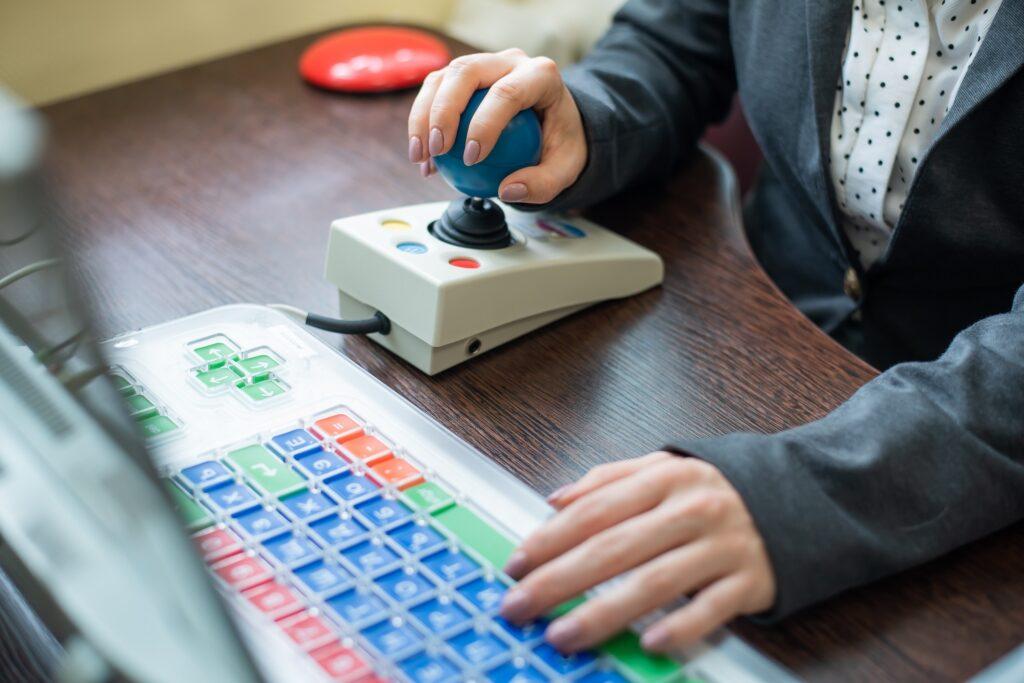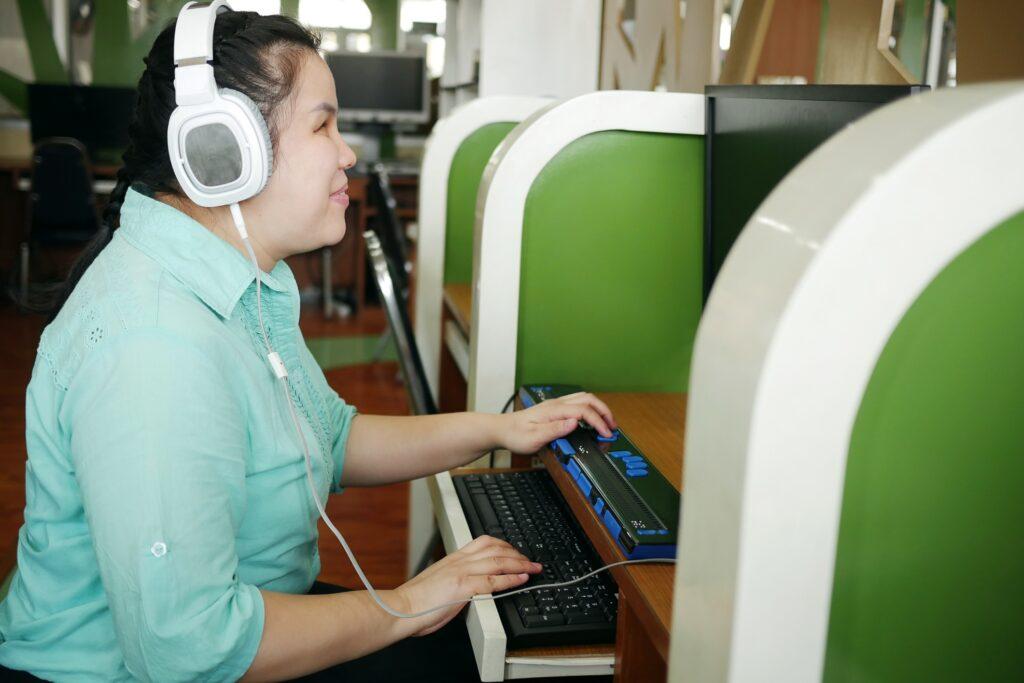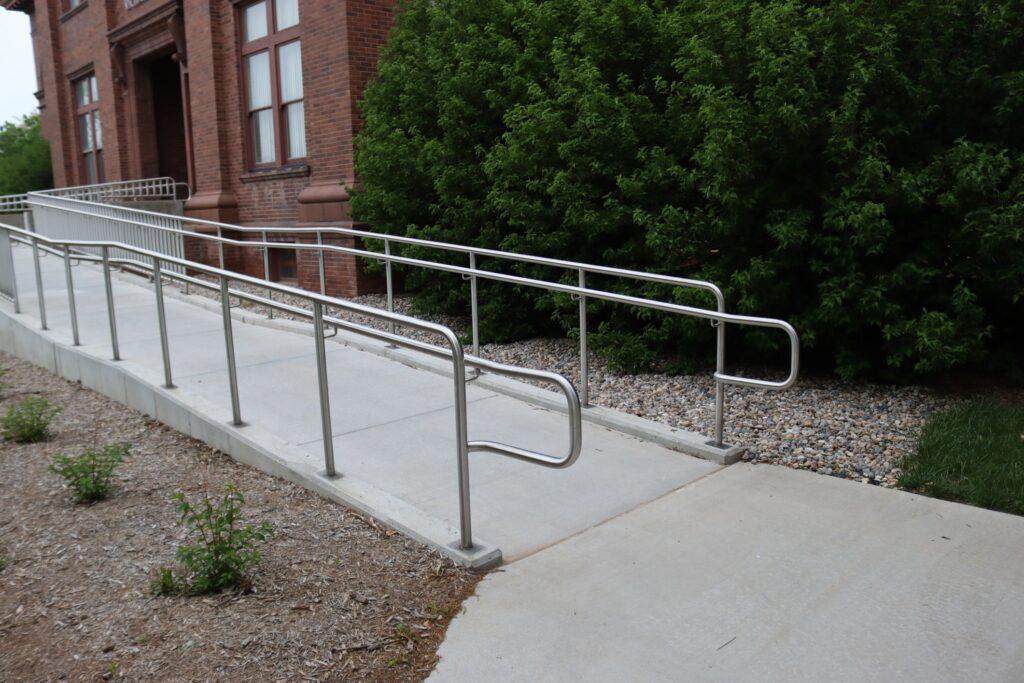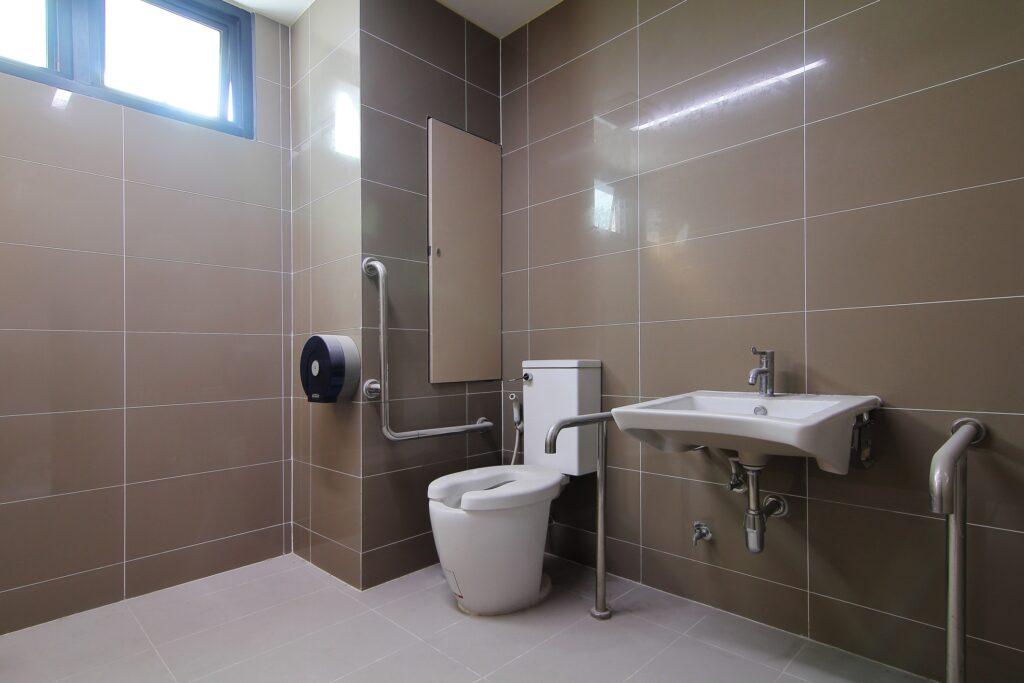Explore the ALSO Children’s Homes Wishlist and help fill the season with joy for the children supported by ALSO.
Explore the ALSO Children’s Homes Wishlist and help fill the season with joy for the children supported by ALSO.

Are you a person with an intellectual and/or developmental disability? Are you a member of this person’s support system (e.g., parent, relative, or friend)?
If so, you know that rewarding and enjoyable employment opportunities are critical to independent living and quality of life.
The appropriate utilization of assistive technology has a major impact in helping employees with disabilities thrive in and contribute to today’s workforce. Employers who thoughtfully incorporate assistive technology into the workplace benefit as well. These inclusive organizations reap many rewards, including increased productivity, workforce retention, and revenue.

Assistive technology (AT) is a broad term that encompasses devices and services that assist individuals with disabilities to increase functional independence and promote well-being. The Technology-Related Assistance for Individuals with Disabilities Act of 1988 categorized AT as both a device and a service.
An assistive technology device is “any item, piece of equipment, or product system, whether acquired commercially off the shelf, modified, or customized, that’s used to increase, maintain, or improve functional capabilities.” Check out these examples of assistive technology devices:
Assistive technology service providers directly assist someone with disabilities in the selection, acquisition, or use of assistive technology devices. This includes rehabilitation technology services and vocational rehabilitation.
AT service providers have specific knowledge of best practices and how to work within various functional limitations. Not only do they assist in the smart selection of devices meeting specific needs, but they provide ongoing technical assistance to help ensure success. In addition, they have expertise in reasonable accommodation and accessing additional resources.

The wonderful thing about AT in the work environment is that it really doesn’t need to look different from any other workplace!
When you think about it, everyone uses some kind of assistive technology. It’s now common to see assistive products such as:
Plenty of us have used the speech recognition software that’s on most computers. This is where universal design comes in. The concept was developed by architect and disability advocate, Ronald Mace. It’s when the design of products and environments are used by all people to the greatest extent possible, without needs for additional adaptation.
Admittedly, certain types of accessible technology and workplace accommodations may need to be more visible to assist with an individual’s specific needs. However, when employees without disabilities are exposed to assistive technology (and their amazing colleagues who use it), the inclusive workplace progressively becomes more common!
ADDITIONAL RESOURCE: The Job Accommodation Network

The World Health Organization (WHO) emphasizes that equal access to assistive technology enables people with disabilities to more successfully participate in the labor market. This has societal, economic, and individual benefits.
Assistive technology allows people to live in a way that is:
The societal benefits of assistive technology are:

When it comes to funding for AT, the professionals at ALSO have lots to share. We’ve been working with teams to complete AT referrals and assessments covered by insurance. Oregon residents have additional resources, including the Oregon Office of Disability Services (ODDS) and the K-plan.
To access ODDS funding (up to $5,000 annually for AT and $500 for specialized medical equipment), people need a letter from a relevant professional that documents how the item(s):
When applicable, a letter of denial from your health insurance provider would also be needed.
Once funding is approved, we assist with training and set-up so that everyone knows how to use the new technology and maintain it over time.
Our lending library is just beginning! We offer technology options to try out prior to purchasing, so you can personally check out accessibility features to see if they work for you. We specifically consider employment-related needs, but the library is open to all ALSO participants. We really know our stuff when it comes to all kinds of assistive technology, including in education, early childhood, and independent living. Looking to learn more? Email us at info@ALSOweb.org or call (503) 489-6565.

Sign up for our newsletter to get our latest news, content, and job opportunities.
Help us ensure that everyone has the same opportunities in their home, workplace and community. Let’s make dreams!
